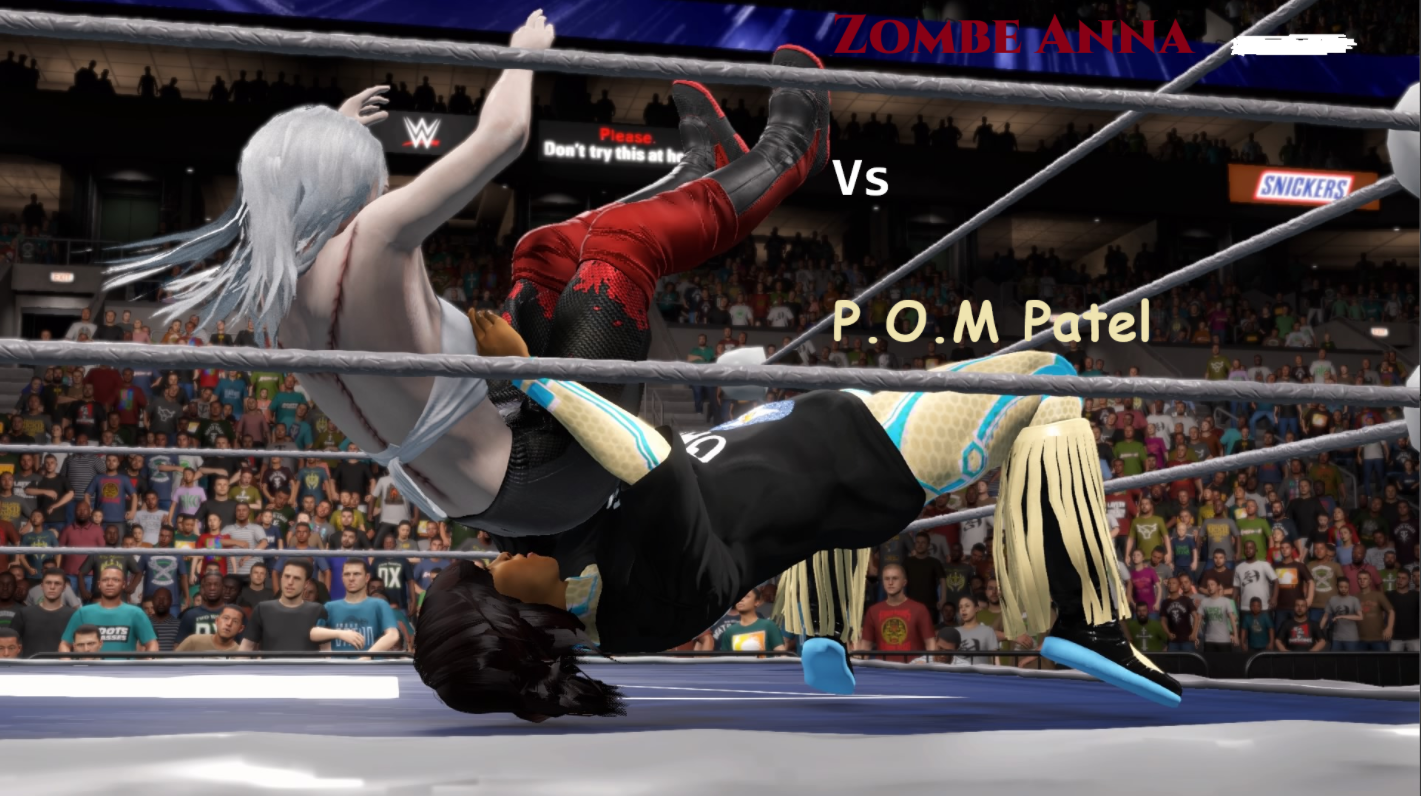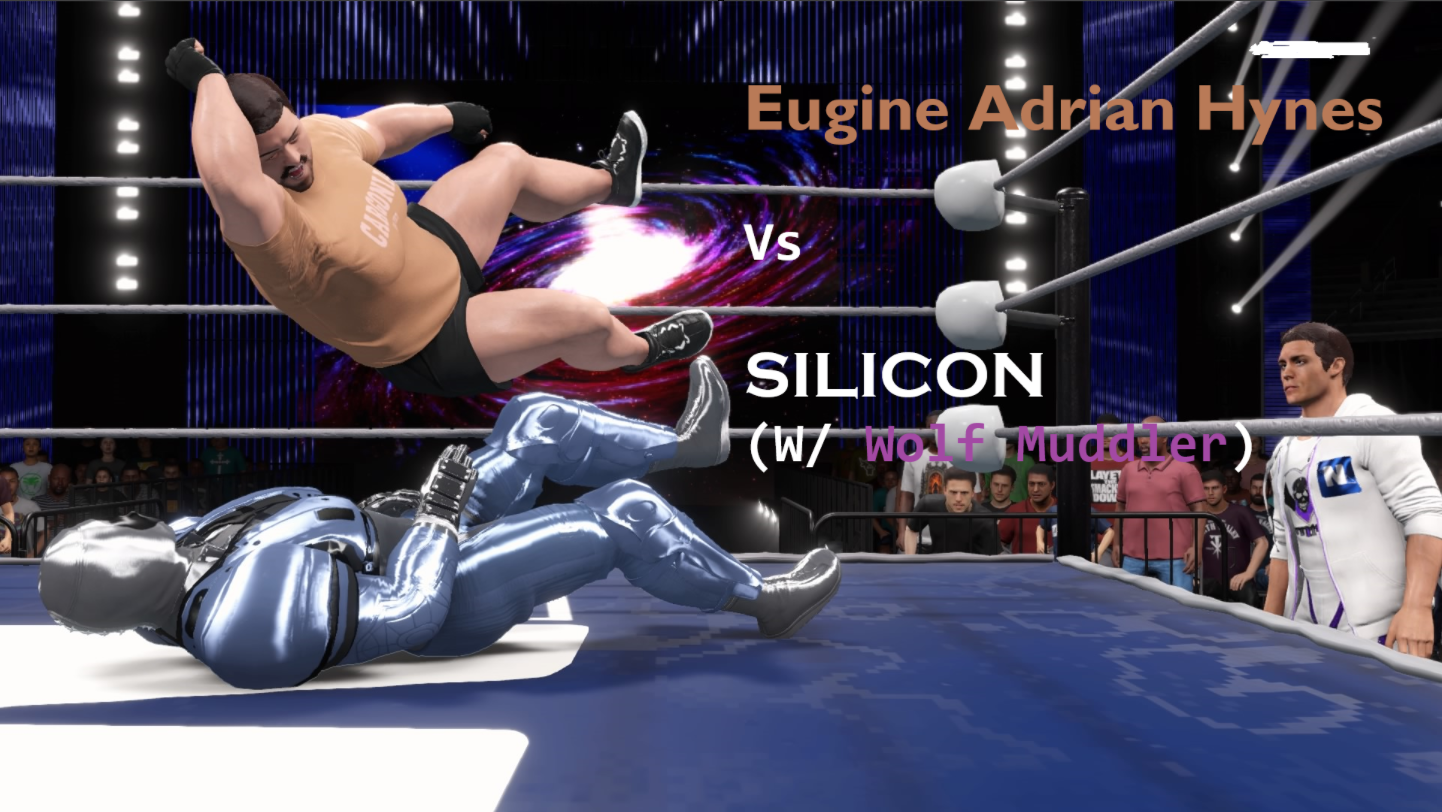conrad wrote: ↑Thu Nov 16, 2023 3:35 pm
This ain't amogus or call of duty, this a round based MUD. If you wanna play SS13 competitively either play TGMC or make your competitive nature something that's funny to at least one person other than yourself.
The rules don't require making your play fun for the other side for antags. They should not require it of everyone else until they do for antags too.
Everyone should have meaningful choices about how to engage with the game.The game should be fun for everyone involved - even dying and losing - and the way you get to that is by making how you play have as great a possible impact over how you end up alive, or dead, or wherever you might end up relative to the goals you might set for yourself separately.
When the rule is that antags and random capricious bullshit can and will kill you freely to the exclusion of any goal you might've had, you have much less of a chance of any goal you choose besides killing/stopping the antags and gaming hard being something you can pursue with any question of success or satisfaction.
When this is the case, instead, it becomes increasingly meaningful - the only thing that matters at the end of the day - how well you can stand up to and compete with antags and random mechanical chaos across the round. How do you fight the war ops to win? How do you manage the three different kinds of antags running around besides the blob - do you shoot them on-sight before they can backstab you, or honor fighting alongside them until it's done? Do you go into a room alone with somebody or not?
In all cases, the freedom and posited goals of the other side may very well end up with you dead and out of the game until you're mercifully recycled into a midround or ghost role. If you don't play this game, you do so at your own peril. The choice about fundamentally WHAT you are doing shrinks massively relative to HOW you do it.
If the presumption is that what you do should not matter,
and the design is that how you fight back will not matter, there's no reason to keep your client open if you don't get antag.
At that point, just make all the nonantag crew into basic mobs.
Asymmetry is fine - lots of people enjoy asymmetrical slashers - but asking the vast majority of people in any round to play to lose to fluff the minority of the players in a competitive game is dogshit design, DMing, and philosophy.
Until there's something higher than a floor bar on what an antagonist is and what they can do, pointed at a game other than the one where they can practically treat everyone else as NPCs, tg SS13 - even on Manuel - is in no small part a competitive game.
e1: A good way to think about this in tabletop terms is if I'm DMing an orc warband that attacks the party, I can choose to do that and will, fully admitting the possibility that the orcs all die and things go badly for them, because I'm not playing against my players for the orcs to win - I'm playing the orcs for them to have fun.
If my players are tactical wargamers who are very into the mechanics, I will emphasize the fighting and fight a lot harder with those orcs - I'll make them a much more credible threat - in order to bring out that game for my players. I will kill their asses. Harsh competition is actually cooperative - if that's what they showed up for - and they'd be cheated if they felt like they were wading through a meaningless fight.
If they're more about narrative storytelling and chewing the scenery, I'm probably not going to sweat the orcs being an intense mechanical challenge as much as an effective and believable beat in the story, - a way to give the players a sense of danger, up the tension, establish a fact around which they'll orient their characters in the world, or pose some sort of interesting dilemma (orc babies, what do?) It's less important to emphasize the mechanical resolution of how the orcs die or there even being a question of their death than their overall effect in how those players' narrative choices are made to matter because they decided to take this quest, follow this path, give away their travel plans to the half-orc spy in the last town... etc.
In both cases, the orcs might die, and that's entirely fine by me, because I'm not personally playing against my players except to the extent that it makes it fun to play the game they showed up for. I'm the DM - that's my game. The orcs die and the game I'm playing with my friends goes on.
This would not be the case if I was just playing one orc and had to leave the room after it died. You can guess that I'd probably fight like Hell if I was playing that orc, and telling me "no you're just supposed to fall over and die, you get smited/another midround shows up/the changeling gets back up/the ERT shows up to shoot you dead before you can hijack and greentext" would have me asking you "why the Hell did I show up for this?
To bookend this: you need to have meaningful choices on both sides for the game to be fun. The one-sided application of rules and rulings about powergaming, validhunting, or even more nebulously "playing to win" makes player choice less meaningful and should be avoided, especially when all sides showed up to play the same game to begin with.
It's fucking cheap to roll the station on Manuel knowing that the people on the other side are being told to hold back and might not have shown up planning to fight like there's no more space in Noah's ark and it just started raining - but as far as I can tell, it is allowed.









